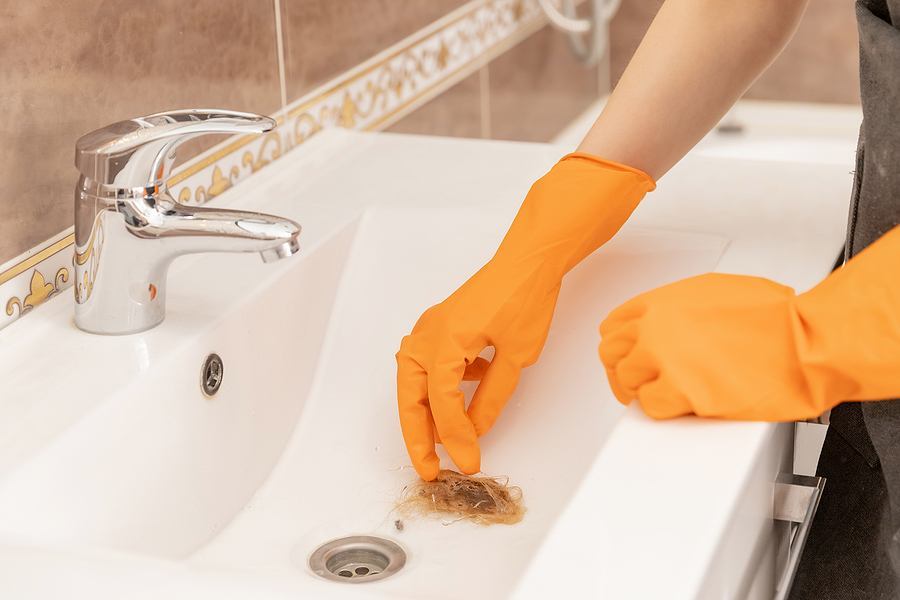First-Time Homeowners: Essential Tips for Your Bathroom Plumbing
First-Time Homeowners: Essential Tips for Your Bathroom Plumbing
Blog Article
What are your opinions about Smart Plumbing Tips for New Homeowners?

For brand-new homeowners, understanding and preserving bathroom plumbing can conserve both time and money by preventing costly concerns down the line. Here are some vital restroom pipes ideas to aid you keep everything running smoothly.
Prepare for Winter
Shield your pipes from freezing throughout cold weather by shielding pipelines in unheated areas like basements, attic rooms, and garages. During severe cold, let cold water drip from faucets served by revealed pipelines to aid prevent freezing.
Schedule Routine Upkeep
Take into consideration organizing yearly assessments with an accredited plumbing professional. They can detect issues that you might miss out on, such as concealed leaks or wear and tear on pipelines and components. Regular maintenance aids prolong the life of your plumbing system and can protect against emergency situations.
Acquaint Yourself with the Main Shut-Off Shutoff
Understanding where the main water shut-off shutoff is located in your house is critical. This permits you to swiftly switch off the water in case of major leakages or during plumbing emergencies, stopping comprehensive water damages.
Routinely Evaluate for Leakages
Tiny leakages can bring about big troubles. Frequently examine under sinks, around bathrooms, and near pipes fixtures for any kind of indications of leaks. Try to find dampness, little drips, or corrosion. Catching and fixing leakages early can avoid a lot more serious damage and conserve water.
Preserve Your Hot Water Heater
Ensure your water heater is set to an appropriate temperature (normally around 120 degrees Fahrenheit) to avoid hot and reduce energy usage. Flush the tank annually to remove sediment build-up, which can reduce the effectiveness and life expectancy of your heating system.
Update Your Components
If your home has older fixtures, take into consideration upgrading to much more effective models. Modern bathrooms, showerheads, and taps are developed to utilize less water while offering good pressure, which can substantially minimize your water costs and environmental footprint.
Beware with Do It Yourself Pipes Services
While it's alluring to handle all home repair work on your own, be cautious with pipes. Some concerns may call for expert competence, specifically if they involve major water lines or sewage system repair work. Employing a specialist can often be a lot more economical than DIY, specifically if it protects against more damages.
Do Not Neglect Slow Drains
If your sink or tub is draining gradually, it's often an indicator of an obstruction developing. Resolving this very early can avoid a total clog. Make use of a plunger or a plumber's serpent to remove particles. Prevent utilizing chemical drainpipe cleaners as they can damage your pipes in time.
Know What Not to Flush
Commodes are not waste disposal unit. Prevent flushing anything besides toilet tissue and human waste. Items like wipes, feminine health items, and cotton swabs ought to be disposed of in the garbage to prevent blockages and sewer backups.
Set Up Strainers in Drains
Place filters in your sink and tub drains pipes to capture hair and various other particles prior to they enter your plumbing system. Cleaning up the filters on a regular basis will aid protect against buildup and maintain water flowing freely.
Final thought
Recognizing and keeping your home's bathroom plumbing can stop lots of usual problems. By complying with these essential ideas, you can guarantee your restroom stays functional and efficient, conserving you money and time in the future.
Essential Plumbing Tips for Homeowners: Keep Your Pipes Flowing Smoothly
As a homeowner, understanding the basics of your plumbing system can save you time, money, and a lot of headaches. Plumbing issues can range from minor annoyances like dripping faucets to major problems like burst pipes that cause significant damage. This guide provides essential tips to help you maintain your plumbing system and tackle common issues.
Understanding Your Plumbing System
Supply System: Brings fresh water into your home from a municipal source or a well. Drain-Waste-Vent System: Removes wastewater and vents sewer gases outside. Fixtures and Appliances: Includes sinks, toilets, showers, dishwashers, and washing machines. Basic Maintenance Tips
Regular Inspections: Periodically check for leaks, corrosion, and other signs of wear and tear. Look under sinks, around toilets, and near water heaters. Know Your Main Shut-Off Valve: In case of a major leak, you’ll need to shut off the water quickly. Ensure everyone in your household knows where the main shut-off valve is located. Prevent Frozen Pipes: In cold climates, insulate exposed pipes and let faucets drip during extreme cold to prevent freezing. Use Strainers: Install strainers in sinks and tubs to catch hair, food particles, and other debris that can cause clogs. Common Plumbing Issues and Solutions
Clogged Drains:
Prevention: Avoid pouring grease down the drain and use drain screens to catch debris. DIY Fix: Use a plunger or a plumbing snake to clear minor clogs. For stubborn clogs, a mixture of baking soda and vinegar can sometimes help. Leaky Faucets:
Prevention: Replace washers and seals regularly. DIY Fix: Turn off the water supply, disassemble the faucet, and replace worn parts.

Book An Appointment Report this page